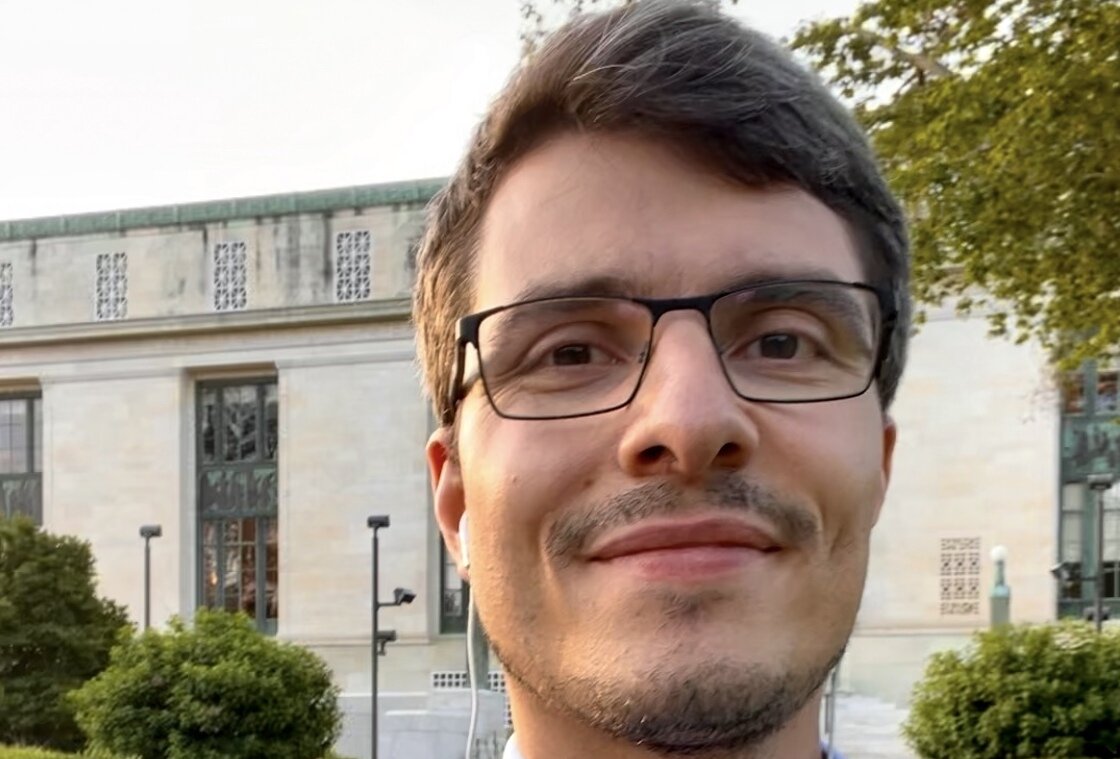
Christian Boehm is appointed VP of Human Frontier Science Program which funds researchers in life sciences
HFSP is about promoting the best science. Most projects it funds contain an element of transdisciplinarity in some sense.
Christian Boehm
A former Gates Cambridge Scholar has been elected a Vice President of the Human Frontier Science Program (HFSP), an international programme funding excellent frontier research in the life sciences.
Christian Boehm’s appointment was announced in late June at an event in Washington D.C. to celebrate the 35th anniversary of the HFSP. The programme, founded in Strasbourg in 1989, is a G7 initiative proposed by former Prime Minister Nakasone of Japan. It provides fellowships to post-doctoral researchers and grants to independent researchers in the life sciences across the world.
Christian [2013] will carry out the role as an extension of his job as a deputy head of division in the German Federal Ministry of Education and Research (BMBF). He has represented the ministry as an alternate and later a full member on the Board of Trustees of the HFSP, which currently has 17 member countries, since 2020.
His new role as a Vice President involves more responsibility for the organisation’s strategic development, including diversifying its membership. Christian recognises that it can be a challenge to reconcile the desire to be globally representative with ensuring members share basic values such as a respect for open science and freedom of research. He is excited about the prospect of his new role.
“It’s about promoting the best science. Most projects the HFSP funds contain an element of transdisciplinarity in some sense,” says Christian, who himself has a background in synthetic biology. “The Washington D.C. Awardees Meeting was a welcome chance to talk to young scientists who have won an HFSP fellowship or grant. In a way, it was a good opportunity to reconnect with my old life as a researcher.”
Christian’s job in the Ministry of Education and Research also involves developing funding programmes and new ways of promoting research in the life sciences.
He joined the Ministry from academia in 2019, initially focusing on building a sustainable bioeconomy based on renewable resources and biotechnology.
But in March 2020, as the Covid-19 pandemic took a foothold in Europe, Christian was assigned to a new division on new methods in life sciences where his responsibilities were broadened substantially to address green and marine biotechnology as well as drug and vaccine development and research on biodiversity and ecosystems.
When he joined the ministry, Christian gave up his role as Chair of the European Synthetic Biology Society (EUSynBioS), which he founded while he was pursuing his PhD at the University of Cambridge’s Department of Plant Sciences. The society aims to promote and consolidate the field of synthetic biology in Europe, including by fostering a network of young researchers.












